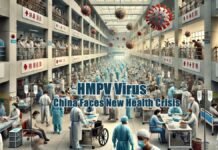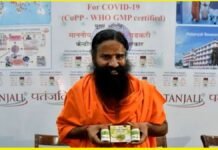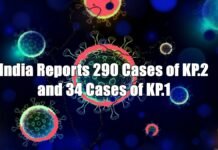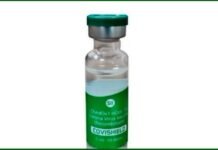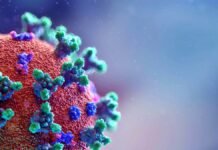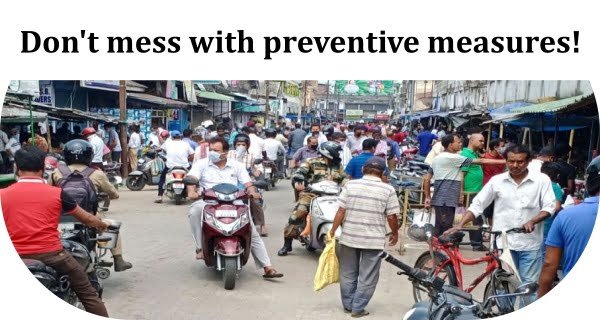
New Delhi: Experts believe that with a large number of people developing immunity to the coronavirus after vaccination and getting infected, there is a need to adopt a protective attitude in the restrictions implemented to prevent the second wave of Kovid. Dr. Yudhveer Singh, who oversees the management of the Covid-19 ICU at the All India Institute of Medical Sciences (AIIMS), New Delhi, said that it is necessary to relax some restrictions to restore economic activity when the cases of infection are less.
He said, “But people should not stop adopting preventive measures. It is important to take a protective approach while dealing with COVID prevention and enforcing restrictions.” Dr. Singh said that a large number of cases were reported during the second wave of infection, so it is possible that community-level immunity has developed in Delhi.
Dr. Pooja Khosla, working at Sir Ganga Ram Hospital, said that from the second wave of the coronavirus epidemic, we have learned how the cases of infection can increase rapidly. He said, “Warning signals are coming from many parts of the world. There has also been a small increase in the cases of infection in India. The infection can grow rapidly at any time. I think one should not follow any assumptions and make all efforts to ensure that there is no second wave like a crisis.”
He said, “It is not right to open everything. Everyone is saying that only a few days are left for the third wave to come. Professor Pragya Sharma at Maulana Azad Medical College said that the third wave will come but how many people will be infected in it will depend on the speed of prevention and vaccination.

“Despite the large number of vaccinated people getting infected, the severity of the infection will be less and there will be no pressure on hospitals,” he said. At the same time, Dr. Jugal Kishore of Safdarjung Hospital says that due to the first infection and vaccination, about 80 percent of the people have developed immunity against the virus.
He said, “The delta type of coronavirus was responsible for 60 percent of the cases reported during the second wave. We haven’t found any major difference between Delta and ‘Delta Plus’. Therefore, there is no possibility of a sudden increase in the cases of Covid-19 unless a more infectious variant comes to the fore.”
There is still a high percentage of people who have not been infected or have not made enough antibodies even after being vaccinated for various reasons. About 30 percent of Delhi’s population is like this and it can be infected. He said, “Two things can happen – first, the virus will gradually infect people until immunity is developed at the community level and second, a new more infectious variant emerges that infects a large number of people. Until everyone develops immunity. But it seems that the third wave will not be as severe as the second wave.”
He said that there is another possibility that a new type of virus may emerge more powerful than the immunity generated due to already infected and vaccination. Dr. Kishor said that if this happens then a big problem will arise. NITI Aayog member Dr. VK Paul has also asked the Delhi government to be vigilant as the next three months are crucial and lifting of restrictions could lead to an increase in the number of COVID-19 cases. However, Dr. Samiran Panda of the Indian Council of Medical Research had told the Delhi Disaster Management Authority during a meeting on July 9 that the third wave would not be as severe as the second wave.





































